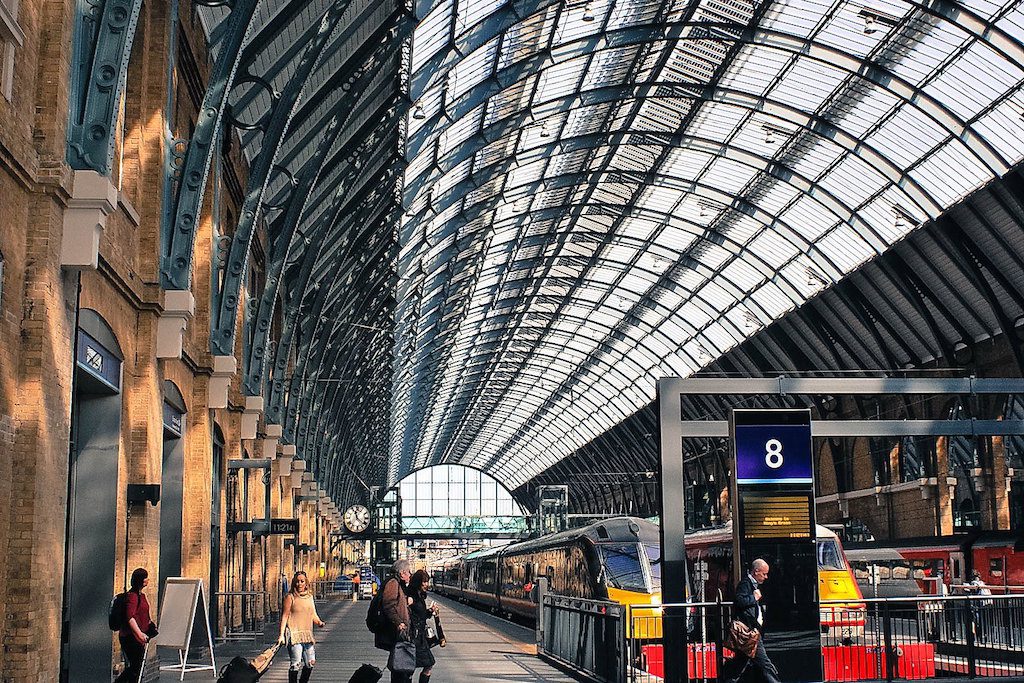Skift Take
Clearly, presenting Brexit from an economic angle versus a political angle has a big impact on how British business travelers respond.
The looming uncertainty of Brexit, which has persisted for over three years now, has made many players in the corporate travel world fearful about the future.
This may only be part of the story, however. While the negative impact of Brexit on business travel is a hot topic, many travelers within the U.K. have a very different perspective on the issue, according to a recent report from German corporate housing company Homelike, which surveyed hundreds of business travelers in countries across Europe. While Europeans on the continent tended to view the situation in a mostly negative light, the British were surprisingly positive, considering the amount of uncertainty and tension involved.
In the U.K., nearly a third of business travelers said that the lead up to Brexit is impacting their corporate travel in a positive way, with only 20 percent believing it is having a negative impact. Just under half said they were uncertain how it was affecting business travel. Many are awaiting an outcome, which might come as soon as October 31.
“Interestingly, British employees believe they are actually traveling more within and out of Europe than before Brexit,” the report states. This is especially true for local travel, with many respondents stating that they are traveling more within the U.K. for business than before. Of all the U.K. respondents who said that Brexit is having a positive aspect on company travel, many said they felt they were making a “positive impact on local economies.”
Dustin Figge, founder and managing director of Homelike, said that the magnetism of London as a business center and event location may be part of the reason for the optimism. “I think from a U.S. perspective, and from a corporate housing point of view, it doesn’t really matter if the U.K. is part of the European Union or not,” he said.
Meanwhile, Sherrif Karamat, president of the Professional Convention Management Association, said that international issues were often considered bad for event planning. However, this overlooks the fact that major issues are often the impetus for more events and thus more travel.
“Disruption is sometimes a bad word,” he said. “But disruption is also a good word. It can create new things. We can now potentially have a conference around Brexit. So in itself it can create other events. So in every disappointment, where does the opportunity lie to create something out of that?”
Other European countries were much less optimistic, however. Thirty percent of business travelers in Spain, and 25 percent of business travelers in France and Germany, said it is having a negative impact on corporate travel. Again, many respondents were unsure what impact Brexit is having on corporate travel, reflecting the ongoing uncertainty the issue is causing.
“The French and Spanish are feeling the negative effect of Brexit and most have stopped travelling all together,” the report states. “German businesses appear to still be travelling frequently for business, but many have stopped coming to the U.K.”
Spanish business travelers in particular were pessimistic about the issue. Figge theorized that this may be due to a different business and travel culture within the country.
“We have an office in Barcelona, and whenever I do travel to Spain, I notice that the Spanish culture is more country-focused. So they don’t leave Spain as much on business,” Figge said. “And the percentage of international people within Spain for business is fairly low, especially when you compare it to a place like London. That could actually have an impact or has had an impact on the response we got.”
Meanwhile, French respondents said they were actually traveling much more out of Europe, “signifying that they may be seeing EU business as slightly unpredictable and are looking elsewhere for relationships.”
The Volatile Pound
At the same time, the British business traveler’s optimism surrounding Brexit is somewhat at odds with the economic impact the issue is having on the local economy. While the British pound has been gradually weakening for years, it has been especially volatile since the Brexit referendum in 2016. Many economists believe it will continue to weaken as Brexit approaches.
Nearly 40 percent of British business travelers said they are traveling less due to a weaker pound, setting up an interesting tension between responses to the economic and the political issues facing the country.
“Business confidence has been damaged by the volatile economy, with – for example – trading reports from leading firms Micro Focus and Hays Travel at the end of August 2019 admitting that customers are putting off spending until after Brexit,” the report states. “Significant also is that for much of the year the U.K. experienced a trade deficit as companies rushed to stockpile goods from abroad.”
The Daily Newsletter
Our daily coverage of the global travel industry. Written by editors and analysts from across Skift’s brands.
Have a confidential tip for Skift? Get in touch
Tags: brexit, corporate travel, ctir, europe, european union
Photo credit: King's Cross Railway Station in London. Ann HS. / Flickr
